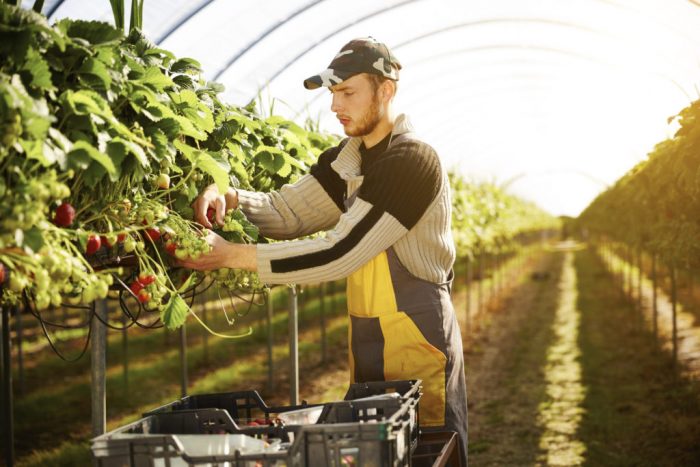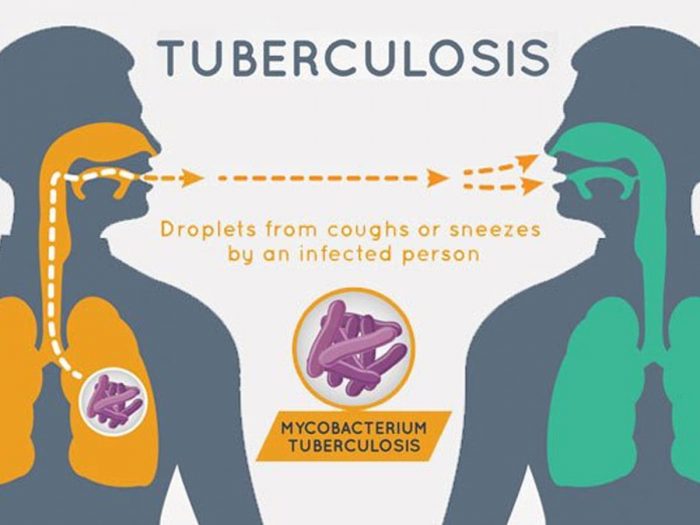The federal government has raised the alarm over the rising cases of COVID-19 in the country, charging Nigerians to brace up for higher numbers.
The country thursday recorded 626 new cases of COVID-19, bringing to 27,110 the number of confirmed cases in the country.
The Nigeria Centre for Disease Control (NCDC) said Lagos recorded 193 new cases; Federal Capital Territory (FCT), 85; Oyo, 41; Edo, 38; Kwara, 34; Abia, 31; Ogun, 29; Ondo, 28; Rivers, 26; Osun, 21; Akwa Ibom and Delta, 18 each; Enugu, 15; Kaduna, 13; Plateau, 11; Borno, eight; Bauchi, seven; Adamawa, five; Gombe, four; and Sokoto one case.
It said: “Nigeria has recorded 27,110 cases of COVID-19. 10,801 persons have recovered and discharged, while 616 persons have died.”
Federal government is, however, stepping up efforts on public enlightenment to check the rising rate of infection by engaging the Sultan of Sokoto, Alhaji Mohammed Sa’ad Abubakar, and the President of the Christian Association of Nigeria (CAN), Rev. Samson Olasupo Ayokunle.
The Sultan and Ayokunle, along with other religious leaders, are to spearhead the task of sensitising the public on the need to comply with the protocols and guidelines on the control of COVID-19, particularly on the mandatory use of face masks in the public, social distancing and washing of hands with soap and sanitisers.
The federal government also said preliminary findings from the analysis of Madagascar’s herb called ‘COVID Organics’ showed the mixture contains largely anti-malaria constituents.
Speaking yesterday at the bi-weekly briefing of the Presidential Task Force on COVID-19 in Abuja, the Chairman of the task force and Secretary to the Government of the Federation (SGF), Mr. Boss Mustapha, said the federal government was striving to build a synergy with both the Sultan and Ayokunle, who incidentally are the Co-chairmen of Nigerian Inter-Religious Council (NIREC) on the spiritual intervention in the control of the virus.
Mustapha warned that the daily rise of the disease was on the upscale in the country and could only be slowed down provided all the guidelines and protocols were followed.
“I am almost running out of words as to how I can drive the message off because I see the figures and I see the people and as I often say on the podium that the 603 is not a statistic. I can place faces to the substantial number of that 603 that have died,” he said.
Mustapha said the former Governor of Oyo State, Senator Abiola Ajimobi, paid him a visit in his office before he died, adding that for anybody to say that coronavirus is not real is the height of insensitivity.
He said: “When Governor Ajimobi came for the last meeting of the National Working Committee of the APC, he visited me because he is a very good friend. He was here in this building; we shared pleasantries. The Chief Judge of Kogi has been a friend of 44 years, same with the Chief Judge of Yobe, a friend and a classmate for 44 years. I can place faces on these figures. For anybody to say COVID- 19 is not real is the height of insensitivity.
“Ladies and gentlemen, we are in the early days of the extension of the second phase of eased lockdown and we shall always remind ourselves of the reason for these uncommon times facing humanity. This is the time to comply with the guidelines, it is the time to be vigilant and to take responsibility.
“In furtherance of the synergy being built, the Co-chairmen of the Nigerian Inter-Religious Council (NIREC), His Eminence, Alhaji Mohammed Sa’ad Abubakar, CFR, the Sultan of Sokoto/President General of the Nigerian Supreme Council for Islamic Affairs, and His Eminence, Rev. Samson Ayokunle, President of the Christian Association of Nigeria (CAN). The NIREC will announce the details and we urge all Nigerians to participate in this effort to seek divine intervention.”
Also speaking, the Minister of Health, Dr. Osagie Ehanire, urged Nigerians to brace up for an increase in the number of COVID-19 cases as a result of the easing of the lockdown nationwide.
He said more cases of the virus were expected, especially as a result of the lifting of the ban on interstate travels, urging Nigerians not to assume it is safe to move about yet.
According to the minister, “The COVID-19 statistics are expected to rise further with improved testing, but also as a sign that COVID-19 is actually expanding faster than our systems are handling it.”
Enahire said: “I have directed the deployment and activation of GeneXpert machines to treatment centres at National Hospital, Abuja and University of Abuja Teaching Hospital, so that they can now conduct testing on site. The GeneXpert machine allows results within one hour.
“Over the last few days, I have also received reports of very sick persons being rejected at our hospitals. Many have died outside or on the way, having been denied attention in more than one hospital.
“It is not acceptable that persons lose their lives to health conditions, which could possibly have been cured, or may not even have been COVID-19 related.”
Madagascar Herb Majorly Anti-malaria, Says FG
Ehanire also said findings from the analysis of Madagascar’s herb called ‘COVID Organics’ showed that the mixture contains largely anti-malaria constituents.
He added that although the plant component of the herb grows in Nigeria and is of a higher efficacy for treating malaria, relevant government agencies will continue the process of evaluation to determine its effectiveness in treating COVID-19.
He said: “Preliminary results of the analysis of so-called Madagascar herbs by the National Institute for Pharmaceutical Research and Development (NIPRD) show that it is the same as the plant Artemisia anua, which is grown in the NIPRD farm. Further research on its efficacy will be conducted when the grants for research is approved.
“The so-called Madagascar herb is one component of the malaria treatment medicine. Some years ago, the government actually imported this plant and has a plantation of it in trying to develop its own production of the artemisinin-based combination therapy (ACT). The plantation is still there but the process has not gone that much further.
“We are looking into seeing what has held it up but the plant is here; it was intended for producing anti-malarial, and the type we have here has a very high yield of artemisinin – which is actually the active ingredient.”
NCDC Issues Health Advisory for Elderly
At the briefing, the Director-General of the Nigeria Centre for Disease Control (NCDC), Dr. Chikwe Ihekweazu, said the emerging concern in the efforts to contain COVID-19 pandemic in the country was how to protect the elderly and those with underlying diseases such as diabetes, hypertension and asthma from being infected by the virus during this community transmission phase.
He stated that NCDC had published additional guidelines and health advisory against COVID-19 for the elderly and vulnerable people.
According to him, the advisory is contained in a four-page booklet obtainable at the hospitals and treatment centres.
On whether the NCDC will be able to meet its earlier set target of 50,000 sample testing in three months’ time, Ihekweazu said the target was not set for NCDC as a body but for Nigerians to help the country to scale up testing for COVID-19.










